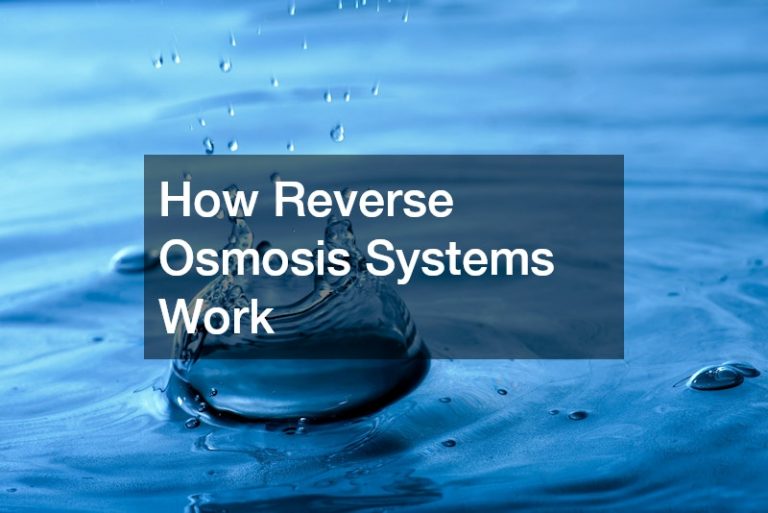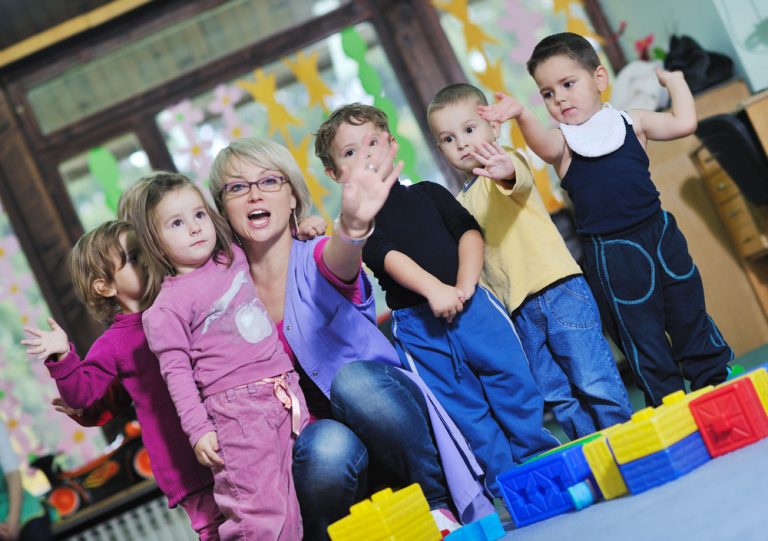

Some busy parents take their children to preschool to get care while at work, but preschool programs provide more than that. Spanish immersion programs for toddlers provide a foundation of learning that is helpful in elementary school and beyond.
Preschool education also helps in social development. Small children get the opportunity to socialize and get along with other kids. They learn how to make friends and solve small issues. Some children in private pre schools also learn how to talk fluently through interaction with others. Preschool school age children acquire basic knowledge such as learning colors, games, and alphabets in preschools, which prepare them for kindergarten studies. Preschool teachers also offer programs that offer emotional, cognitive, and physical development.
How old does a child start preschool? Most children attend preschool at age 3. This helps them spend time away from home and parents and build relationships with other outsiders. Additionally, preschool programs nurture relationships between teachers and children. Preschool children start learning at an early age. The teachers help them to learn how to take care of themselves and others. They learn basic things like washing hands and keeping their things in order. Since pre school means a class before kindergarten, attending it equips the child with basic information about school work.

Formal early child care can enhance a child’s emotional, social, personal and economical development. Finding a daycare or preschool program for your child can give them several advantages as they enter the school system, including:
-
- Learning: Humans are capable of absorbing more information at once in the first few years of life than they’ll ever be again. In fact, the average two year old adds five words to their vocabulary each day, and by age three, they’ll have developed 1,000 trillion connections between cells in their brain. That’s about twice as many as the average adult. That means forgoing pre-kindergarten education can cause a child to miss out on education when they’re actually the most receptive to it.

-
- Preparation for Kindergarten: Children who attend early child care facilities enter kindergarten with stronger vocabularies, math skills and reading skills. They have a better grasp on concepts like shapes and and learn to ask and answer questions about the world around them.
-
- Social Education: Children who interact with their peers at a young age learn valuable lessons about social cues and self-awareness. They learn to get along with and respect other children, share toys and supplies, and contribute to lessons. The group experience of preschool or day care activities helps form children into creative, well-rounded people as they transition into kindergarten.

-
- Future Success: Children who participate in quality early child care programs will be less likely to need special education, repeat grades, or get in trouble with the law. They’re also more likely to own a home and get a job. On average, adults who received pre-kindergarten education as children make $5,000 more per year than those who didn’t, and many are healthier as well.
After choosing a daycare or preschool that’s right for your child, you can prepare your child for teaching them to become more self-sufficient, encouraging them to brush their own hair, put on their own clothes and understand routines like tooth-brushing and washing. Visit here for more.




